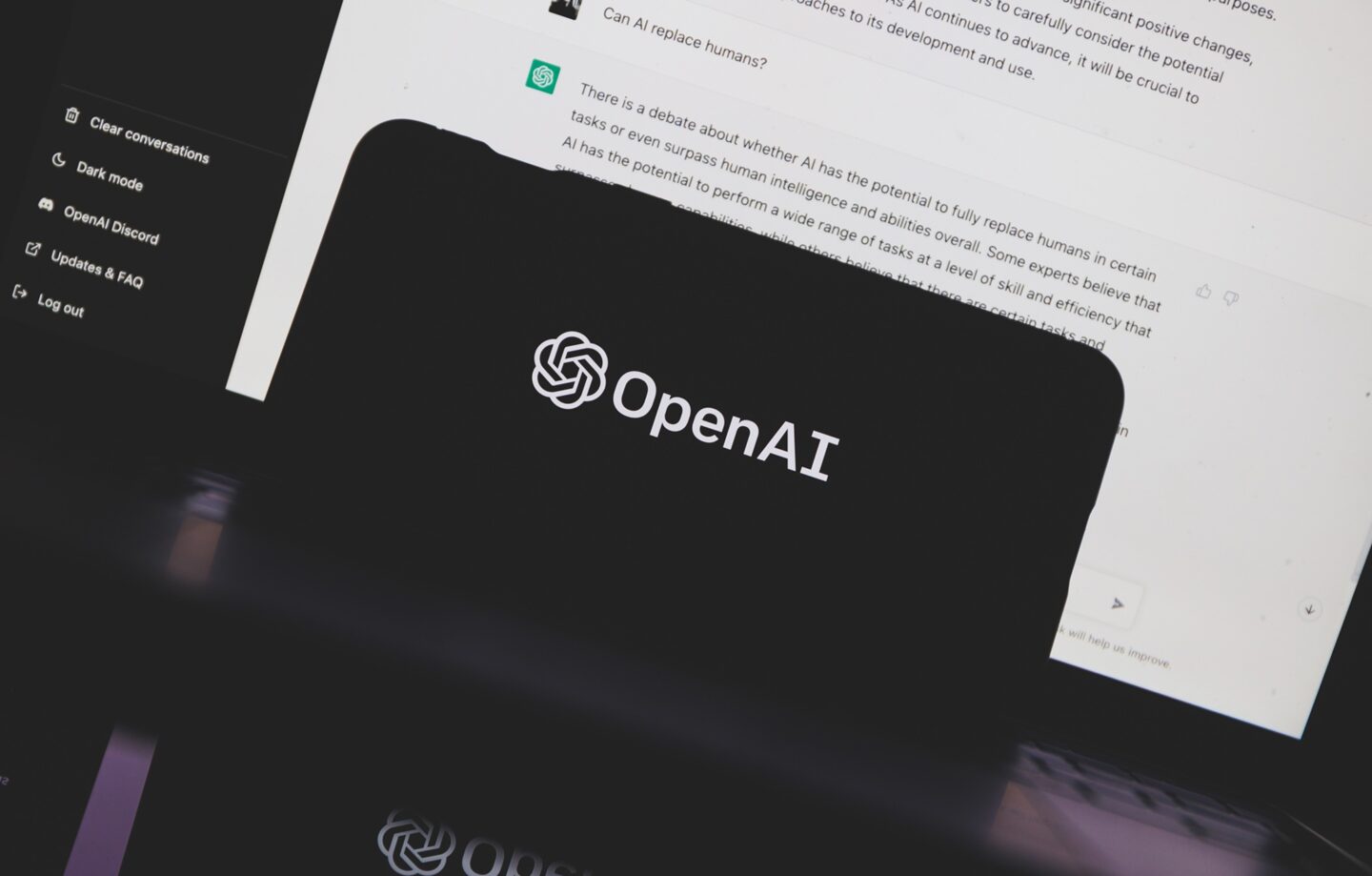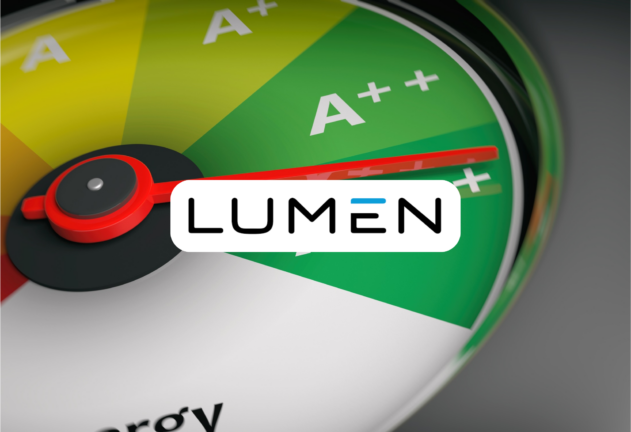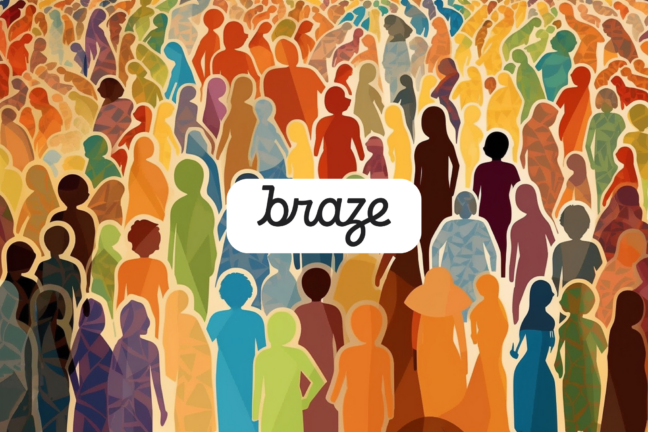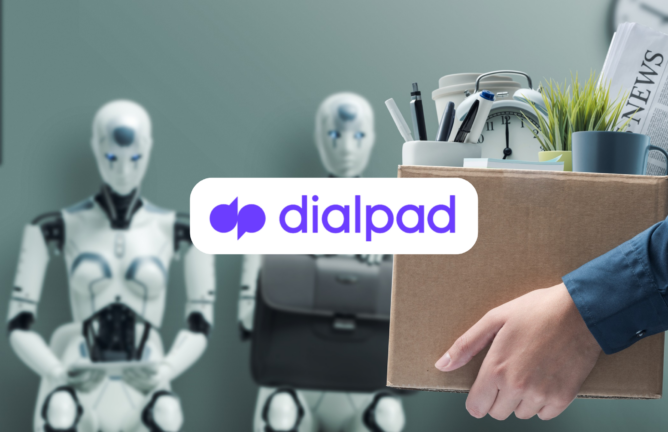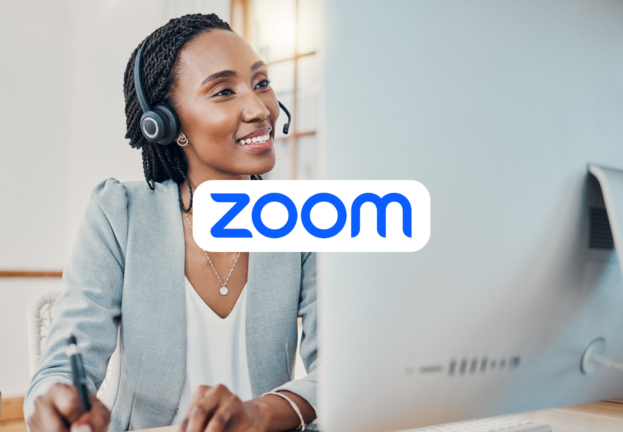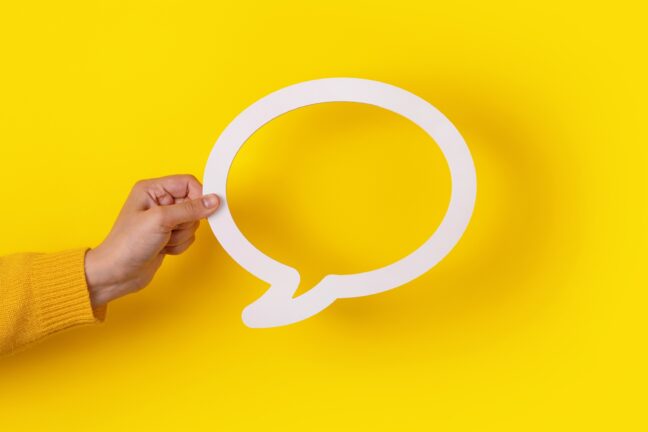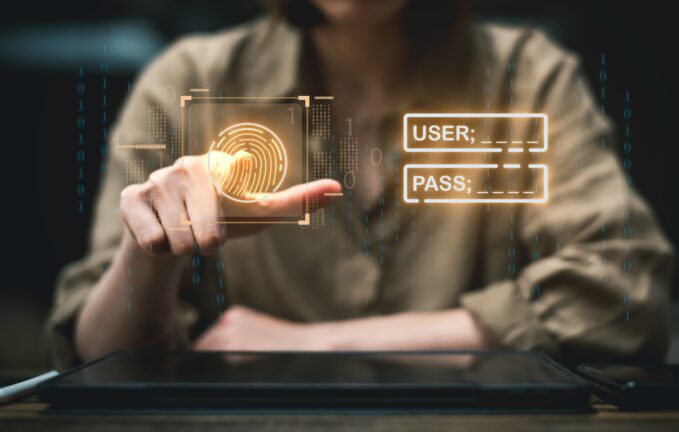At its first developer event, OpenAI announced an array of enhanced models and fresh APIs to its audience.
After unveiling ChatGPT Enterprise, a business-oriented version of its AI-driven chatbot application, back in August, OpenAI is now introducing new updates to one of the fastest consumer products to hit the 100 million monthly users only a few months after its launch.
Introducing GPT-4 Turbo
OpenAI took the wraps off the GPT-4 Turbo, an enhanced version of the already-popular GPT-4 model. This comes in two variants: one tailored for text analysis and another adept at comprehending both text and images. What sets GPT-4 Turbo apart is its enormous context window, accommodating up to 128,000 tokens or roughly 100,000 words, quadrupling the capabilities of its predecessor. Additionally, it has an extended knowledge cut-off of April 2023, expanding the information horizon.

A GPT Store for user-created AI bots
Moreover, OpenAI is launching a GPT Store where users can share their creations. This virtual marketplace, set to debut later this month, will feature contributions from "verified builders." The initiative aligns with the concept of compensating creators for their popular GPTs, adding an entrepreneurial dimension to AI development.
Introducing Assistants API
OpenAI introduced the Assistants API, inviting developers to build their own AI-driven "agent-like experiences." From coding assistants to AI-powered holiday planners, the potential applications are vast, enabling developers to infuse intelligence into their software.
Enabling users to create their AI
OpenAI has announced a new feature that allows users to craft their personalized GPT models with ease and without coding knowledge. This enables individuals to explore creative, fun, and productive use cases. The company is also extending this offering to enterprise clients, allowing them to develop internal GPTs based on OpenAI's extensive knowledge base.
“GPTs are a new way for anyone to create a tailored version of ChatGPT to be more helpful in their daily life, at specific tasks, at work, or at home—and then share that creation with others. Anyone can easily build their own GPT—no coding is required,” said the company in a blog post.
Copyright Shield
Another interesting introduction was the Copyright Shield program, which ensures legal protection for businesses leveraging OpenAI's products, covering any copyright claims related to content created using OpenAI's tools. It's a reassuring step similar to offerings from tech giants like Microsoft, Google, Amazon, and IBM, who have also pledged to shield customers against intellectual property disputes.
DALL-E 3 API
OpenAI's text-to-image model, DALL-E 3, is now accessible through an API, complete with built-in moderation tools. Users can generate images with resolutions ranging from 1024x1024 to 1792x1024 in various formats, making creativity more accessible.
Additionally, OpenAI launched an Audio API for text-to-speech, featuring six preset voices and two generative AI model variants, aiming to provide more natural interactions and accessibility. However, it doesn't offer control over emotional affect, which could impact the audio generated based on factors like text capitalization or grammar.
